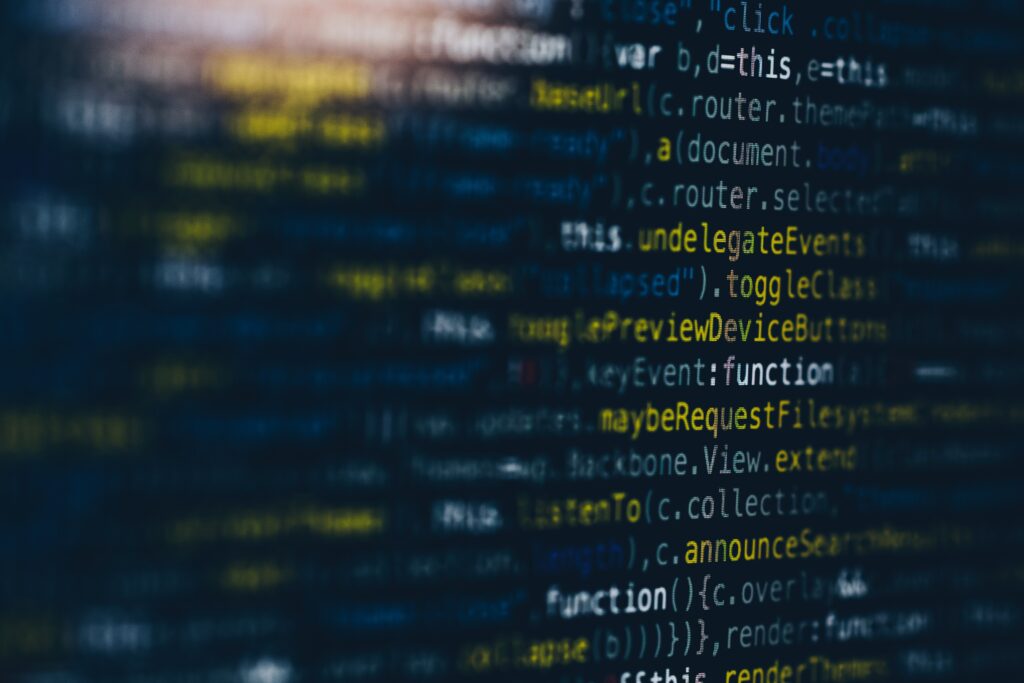
Video games have grown increasingly complex in recent years. Designing and creating the final product is no easy task, and video game developers are exploring the advantages and disadvantages of using machine learning, language processing, and neural networks to aid in the production of future titles.
What are the benefits and drawbacks of using these artificial intelligence (AI) systems? Are they effective tools for game developers, or are they proving to be more trouble than they’re worth? Let’s break these technologies down by taking a look at the pros and cons.
Pros
Resource efficiency
Producing a video game is a labor-intensive endeavor. It can take multiple teams of developers several years to release a AAA title, and most recent games require post-launch support in the form of updates and maintenance.
AI can assist in several of these areas, reducing the need for human resources. Efficient use of finances is one of the main challenges of development, and most companies can benefit from the low long-term expenses of AI systems.
Optimized systems
Developers have been trying to streamline the production process for a while now. Annual releases are the perfect example of this, and the costs involved in sticking to a strict release schedule are well-publicized at this point.
With AI on their side, developers will be able to counter the pressures of ‘crunch culture.’ The time-saving benefits of AI can benefit all systems of development, all the way from the initial pipeline to customer service.
Photo by Roman Synkevych 🇺🇦 on Unsplash
Predictive analytics
When AI is used in data management, it can make sense of trillions of terabytes of data in a fraction of the time that it would take a human. What’s more, it can recognize patterns in this information and form accurate prediction models.
For online games especially, the amount of data that game servers receive can be staggering at times. AI can not only take in all that feedback but also draw actionable conclusions that provide valuable insight for developers.
Error reduction
Unfortunately, human error is an all too common cause of delayed launches, bugged releases, and overall flops. One wrong line of code is enough to put a spanner in the works of any game engine, and every mistake affects the end product.
AI is highly useful for error reduction. For instance, once a self-learning AI is told to look for irregular data, it can go through millions of lines of code meticulously, improving its efficiency with every bit analyzed.
Cons
Requires strict parameters
Did you know that the world’s best chess player has no chance against the latest chess AI? Or that there’s a Starcraft 2 AI that can wipe the floor with any professional esports player? Those are just a couple of examples of how smart our machines can get.
If we don’t limit this potential in several ways, there will be no competition. We just can’t compete with that level of computation, not to mention that unrestrained AI tends to exploit any logic-based system you throw at it.
Lack of creativity
Using AI in the creative process has been a mixed bag for developers. On the one hand, it can do a lot of the legwork in content creation, but on the other, those creations are unmistakably robotic and lack the subtleties of human craft.
Procedural generation systems, such as the engine used in Hello Games’ No Man’s Sky, are great examples of this issue. They can create entire universes of game content, but that content is always rooted in the ideas of the developers themselves.
Photo by Lala Azizli on Unsplash
Broken systems
AI can malfunction for a variety of reasons, and some causes for breakage are out of the control of its creators. Reactions to unexpected external factors are always a cause for concern, and developers have to remove the possibility of subjective interpretation.
The alternative is to embrace a machine’s capacity for informed decision-making, but a lack of sufficient operating parameters comes with its own dangers. There are two options: make perfect programs, or regulate intellects that are far superior to our own.
Threat to unskilled labor
Because AI can perform menial tasks with so much efficiency, it has the potential to remove the need for many traditional jobs, such as those in quality assurance, error reporting, and server maintenance.
Despite the fact that the implementation of AI can lead to increased demand for skilled labor, the aforementioned downside can have wide-reaching consequences, and any decision in this regard has to be made with the utmost caution.
Final word
AI programs are being improved at an exponential rate, so there’s no telling what the future might hold. It’s an exciting prospect that has to be tempered with a fair dose of wariness.
With careful and deliberate implementation, AI can be of great benefit to the video game industry. It can speed up the development process significantly, but its effects have to be considered and managed effectively.
